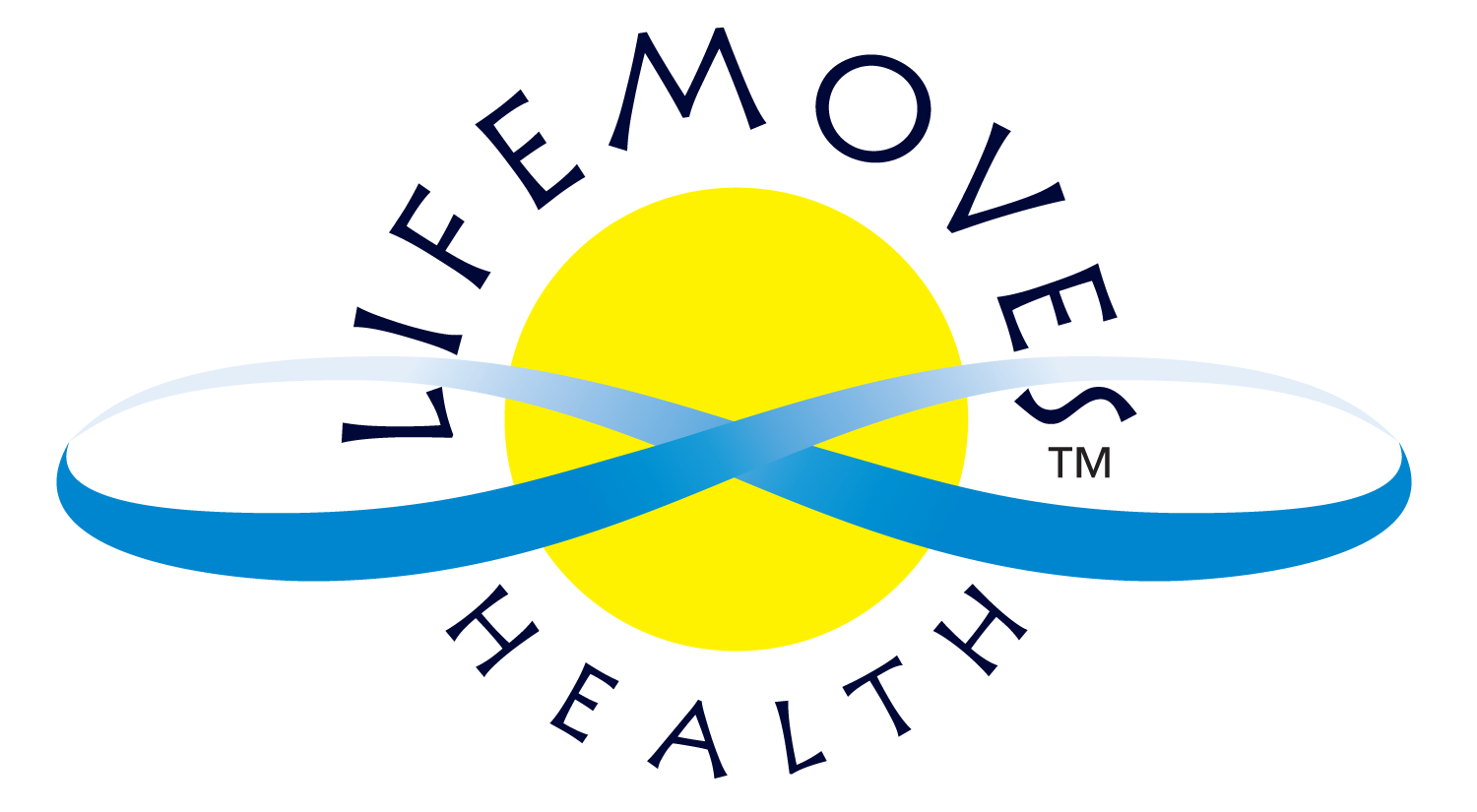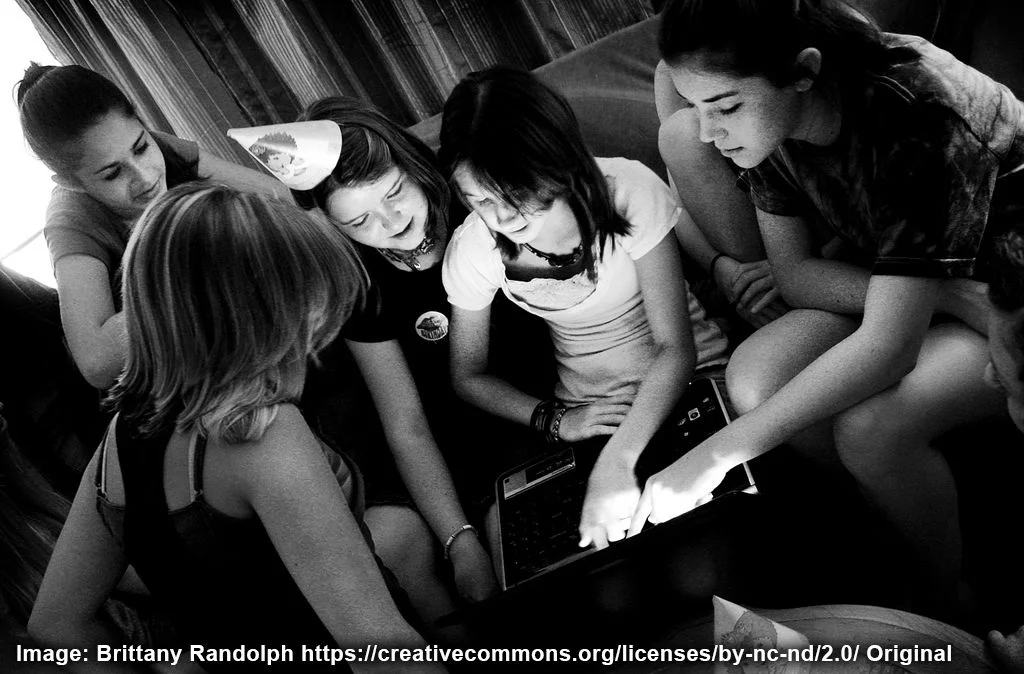Truth or Dare?
That question has probably been responsible for more adrenaline spikes than Red Bull.
I remember how the wheels in my head would spin when I heard those words. It didn’t matter if it was my turn in the game or not. I’d look over to the kid across from me and assess. What kind of Truth would she demand? What kind of Dare would he concoct in his mind? Which would be the lesser humiliation? After all, that’s how you figured out which to pick.
It’s quite amazing to pause and consider that telling the truth can be hard. Really hard. So hard, you might just pick Dare and find yourself crank calling your high school crush or putting a handful of ice down your pants just to avoid the humiliation of having to tell the Truth.
Do we really have that much to hide?
Let’s be real: of course we do. Maybe not to “hide” as much as to keep the Truth we consciously know as private. But hey, does not spilling all our beans to the world mean we’re bad people? I don’t think so. Maybe we just like a mystery in our lives. Withholding the truth to keep that mystery alive (and maybe a little embarrassment at bay) is one thing. That’s the Truth we know. But what about the truth we are hiding from ourselves—the Truth we don’t know we know? I’m talking about the truth we unconsciously brush off with “I don’t know” and cover up with alternate stories.
All day long we talk to ourselves. How much of that running commentary is truth? Seems an important question to ask since we tend to believe whatever we tell ourselves.
As I thought more about the Truth or Dare quandry, it became easier to see why so many people take “Dare” when given the option.
It can take weeks, months, years or a lifetime before we have the guts to take a closer look and see where we might have turned a blind eye.
Most of us like to think we are basically honest. But what is our relationship with truth—with honesty? Is it a casual acquaintance? An intimate companion? While most of us associate learning about our relationship with honesty with memories of practicing disclosure with others (“No mom, I didn’t hit Kenny…I just ate his cookie”), the first and the most frequent opportunity we have in our lives to tell the truth is with ourselves.
You could say we blow this opportunity more than we realize. Just consider the number of times we look back on a situation from a distance and see how the truth we’d been telling ourselves in the moment was an incomplete (if not inaccurate) version -- even though at the time it felt whole.
“I just think of him (or her) as a friend.”
“I just want everyone to be happy.”
“I don’t have to be right.”
“I’m not angry”
“It just happened”
“I don’t know” (while often true; it requires further searching that’s often skipped)
Missed signals, unformed epiphanies, faulty assumptions. By its nature, selective blindness can and does obscure the larger truth. How can we account for (let alone respond to) something when we don’t even know it is lacking from our point of view?
Assuming we already know the whole truth is the surest way to miss it.
Beating Selective Blindness
Giving our Inner Storyteller room to be mistaken and probing past our “I don’t know” responses can unearth a lot of hidden truth. On a daily basis, how can we guide ourselves to greater honesty?
Years ago, I met a woman who taught me four tenets for living life (I later found out there were five according to Warren Buffett’s first wife, Susan, but that’s another story). She did not invent these tenets; she merely passed them on, as I have countless times in programs, talks, recordings and casual conversation. I have seen these principles rewritten and touted by so many people in so many versions (perhaps most compellingly so by anthropologist Dr. Angeles Arrien), that in this day and age of Google, I am still unsure as to their actual point of origin (though I did discover, thanks to updated searches, that I had given the wrong first name for Susan Buffett in several instances. My sincere apologies, to the late Mrs. Buffett).
The tenets are (as worded here by Yours Truly):
- Show up
- Pay attention
- Tell the truth
- Do your best (I believe you have Mrs. Buffett to thank for this one)
- Release Attachment /Be open to the outcome
If we merely seek to live in accordance with these five principles, our potential for a deeper level of honesty – with ourselves and the world – rises.
Consider:
If we show up, we are in a position to put our attention on recognizing the larger truth (because we are present to do so).
If we pay attention, we will notice (hopefully) more of the truth existing in that moment.
If we recognize and tell the truth we notice to ourselves and, as appropriate, to the world, we are better positioned to act in response to the situation and to the best of our abilities.
If we act with the best of our abilities and intention, then we can say we have done all we can to honor every person in a given moment.
If we can know we have done our best, then we are in a better place to let go of attachment to what happens next. After all, we truly did what we could!
If we are able to release attachment to and enter into situations already open to the outcome, we are more likely to show up for the next situation in our lives…
…and around it goes!
To live by these tenets, I find, takes courage. The courage to be uncomfortable. The courage to push past the familiar, so it’s possible to see what is still in hiding beneath our surface. The courage to release attachment to a particular result and the courage to embrace and move forward with the circumstances as they truly are.
“Truth or Dare.” Perhaps the boldest, most heart pounding move of all is to Dare to choose Truth.


